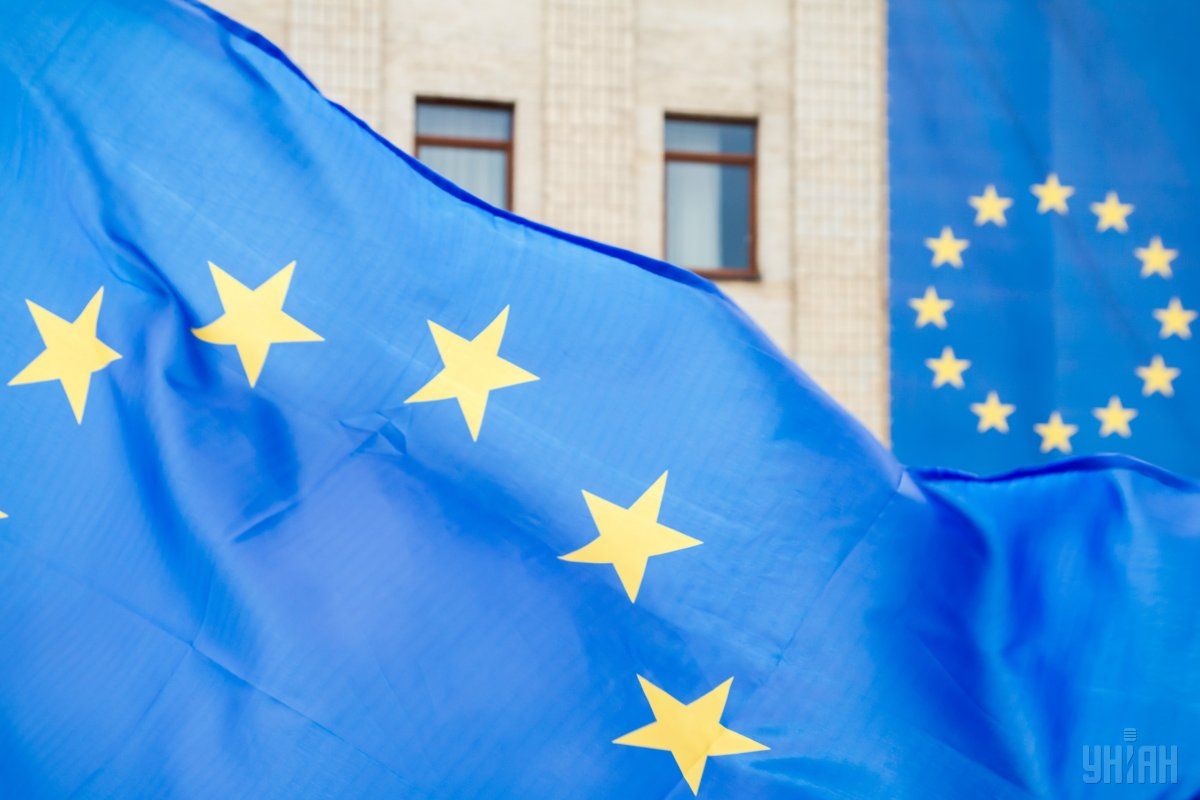
Most of the controversial items in the text concern the future relationship between the three states and the European Union, according to the draft version of the summit declaration, RFE/RL reports.
The draft of the document seen by RFE/RL, titled "Elements for the EaP summit joint declaration," has so far been discussed among lower-ranking diplomats from the 28 EU member states but is expected to be moved to the countries' EU ambassadors in the coming weeks where it can be further altered and turned into a declaration that leaders of the EU countries and the six Eastern Partners are expected to endorse on the day of the summit.
The EaP consists of Armenia, Azerbaijan, Belarus, Georgia, Moldova, and Ukraine.
According to several sources close to the discussion whom RFE/RL have spoken to but who are not authorized to speak on the record, the main disagreement between member states involves maintaining or altering the tone of the previous Eastern Partnership summit in Riga two years ago.
Read alsoJIT countries confirm support for Dutch prosecution of MH17 suspectsThe most important line of the Riga declaration, which is repeated in the draft, states "the summit participants acknowledge the European aspirations and European choice of the partners concerned, as stated in the association agreement," referring to Georgia, Moldova, and Ukraine -- countries that in recent years have concluded association agreements with the EU. However, this line is in brackets since both the Netherlands and Germany have voiced reservations about the wording and indicated that they want something less ambitious.
Another line, which also exists in the Riga declaration but might prove contentious, states that the participants "reaffirm the sovereign right of each partner to choose the level of ambition and the goals to which it aspires in its relations with European Union."
Despite not being mentioned by name anywhere in the draft declaration, Russia is another issue. One line states that "the participants stress that the Eastern Partnership aims at building a common area of shared democracy, prosperity, stability and increased cooperation." Then the text says in brackets that the Partnership "is not directed against anyone. Where linkages with other partners require broader involvement, cooperation may be open to third countries," thus hinting both a possible future cooperation with Russia but also addressing the annoyance of Moscow that the EU is engaged in an area that it considers its "sphere of influence."
Read alsoEU prolongs sanctions over actions against Ukraine's territorial integrityUnlike the report recently produced by the European Parliament, the draft offers less ambitious ideas on what the six Eastern Partners can gain in their association with the EU. Whereas the European Parliament draft talks about an EaP+ with suggestions such as abolished roaming between the partners and the EU and the development of high-capacity broadband, the declaration draft so far only states that "furthering small and medium-sized enterprises, inter alia by facilitating their access to local-currency lending, as well as supporting increased access to high-speed broadband and working towards reduced roaming tariffs will be of particular importance."

